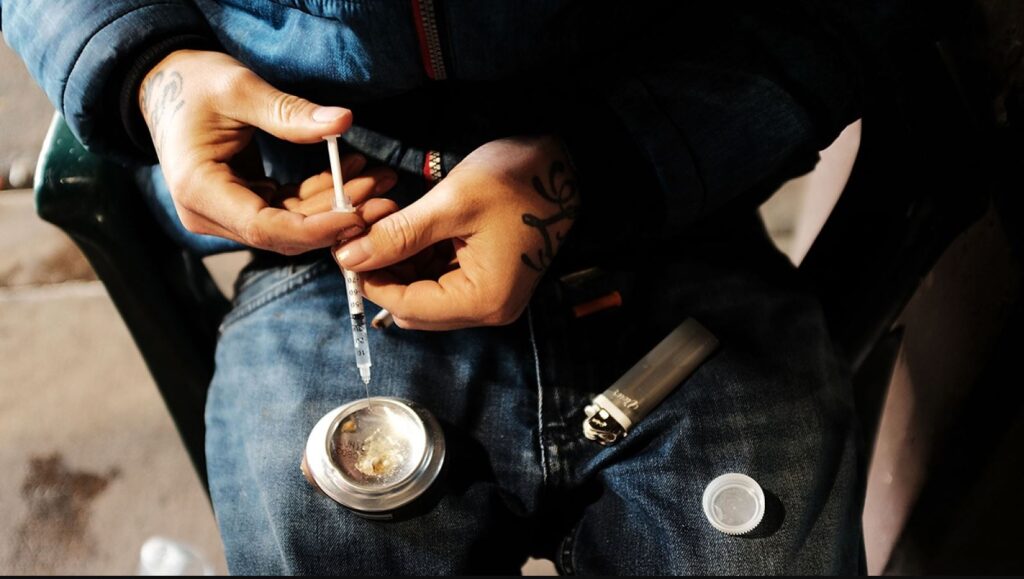As many as 75,000 Americans could die because of drug or alcohol misuse and suicide as a result of the coronavirus pandemic, according to an analysis conducted by the national public health group Well Being Trust.
The group is sounding the alarm that the growing unemployment crisis, economic downturns and stress caused by isolation and lack of a definitive end date for the pandemic could significantly increase so-called “deaths of despair” unless local, state and federal authorities take action.
“Unless we get comprehensive federal, state, and local resources behind improving access to high quality mental health treatments and community supports, I worry we’re likely to see things get far worse when it comes to substance misuse and suicide,” Well Being Trust’s chief strategy officer Dr. Benjamin F. Miller told CNN.
“We can change the numbers — the deaths have not happened yet. However, it is on us to take action now,” Miller says.
The group is calling for a robust approach from local, state and federal officials and agencies to ensure those who lose their jobs because of the pandemic can find work.
“Unemployment during the Great Recession was associated with an increase in suicide deaths and drug overdose deaths,” according to the Well Being Trust.
During this time of uncertainty, the Well Being Trust said it is incumbent on local communities to try and find ways to meet the needs of those suffering in new ways. But they warned that even technology, if used robustly, by friends, religious groups and mental health experts may not suffice to solve the problem.
“Virtual community may not be enough to hold off the impact of isolation and loneliness. And finally, uncertainty. The stress of uncertainty has a serious impact on the emergence and worsening of mental illness,” the group said.
“This is a novel virus with new and unanticipated results. Every day the science sheds light on new aspects and retracts initial ideas and hypotheses. These are unprecedented times, and uncertainty may lead to fear which may give way to dread.”
Despite the dire warnings, the group warns this possible tide can be stemmed.
“The models we have created rely on the way it happened before. When our communities were faced with rising unemployment, social isolation and individual uncertainty the people suffered and that led to increased deaths of despair. It might be different,” they said in the report.
“By taking stock of the current crisis, predicting the potential loss of life, and creatively deploying local community solutions, it may be possible to prevent the impending deaths of despair. We should not sit idly by, waiting for 75,000 more deaths of despair.”

